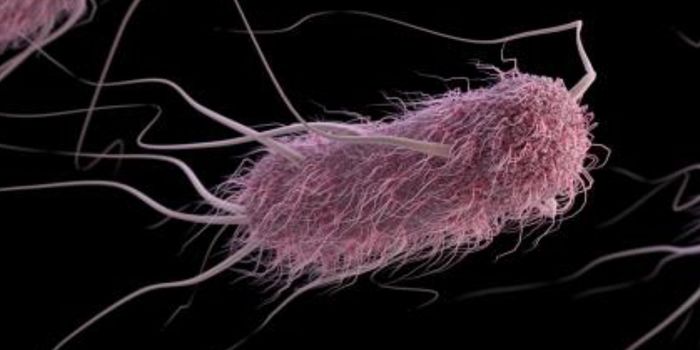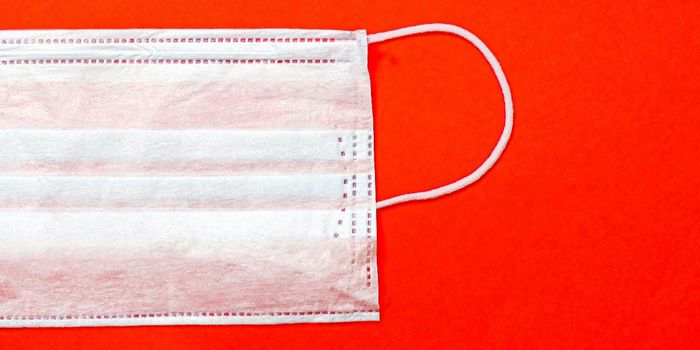Fecal Transplant Successfully Treats Alcoholism
Researchers from Virginia Commonwealth University have found that fecal transplants can reduce drinking behaviors in people addicted to alcohol.
Fecal microbial transplant (FMT) is a procedure in which doctors transplant fecal matter from a healthy donor to another person. They do so to introduce healthy bacteria to their gut and relieve various health conditions. Although used for millennia in Chinese medicine, interest in the treatment has surged in recent years following breakthroughs in research surrounding the gut microbiome.
While animal studies have already indicated the potential for FMT to treat negative behaviors caused by alcohol use, the present trial is the first robust, placebo-controlled study of the treatment for alcoholism in humans. For it, the researchers recruited 20 men, all of whom had been clinically diagnosed with alcohol-use disorder (AUD). All participants were in their mind-60’s and were suffering from alcohol-related cirrhosis of the liver.
During the study, each man either received a placebo or an active FMT taken from a single donor with high levels of certain bacteria (Lachnospiraceae and Ruminococcaceae) usually present at low levels among patients with AUD. After the FMT was administered, patients underwent a variety of physiological and behavioral tests 15 days and six months following the procedure.
At the 15-day follow up, the researchers found that nine of the ten patients who received the transplant had reduced appetite, as well as fewer alcohol-related metabolites in their urine. Meanwhile, just three of the ten men in the placebo group had similar results. The researchers also noted that after six months, men treated with FMT continued to display fewer AUD-related behaviors.
“We conclude in this Phase 1 trial that FMT in men with cirrhosis is safe, associated with a reduction in short-term craving and consumption with beneficial microbial change,” write the researchers in their study. “The FMT-assigned group also demonstrated lower AUD-related events over the follow-up, which need to be confirmed and extended in a larger number of patients with AUD.”
Sources: Hepatology, New Atlas









